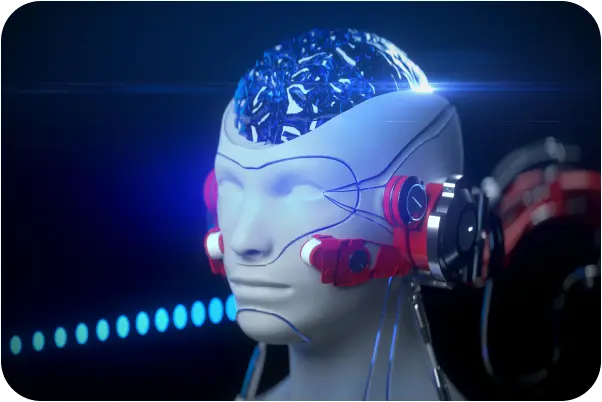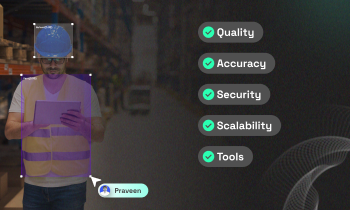Who can perform medical transcription? General linguists or medical experts?
Medical Transcription
Healthcare
Speech AI
Medical transcription is essential for accurately converting healthcare providers' voice recordings into written patient records. This process demands precision, as it directly impacts patient care, communication among healthcare teams, and adherence to legal standards. But who is best suited to perform this task, medical experts or general linguists?
The Importance of Medical Expertise in Transcription
Medical experts, such as trained transcriptionists or healthcare professionals, bring invaluable knowledge to the transcription process. Their in-depth understanding of medical terminology and clinical procedures ensures that transcripts are accurate and contextually correct. Here’s why medical expertise is crucial:
- Terminology Proficiency: Medical experts are familiar with complex medical jargon and can accurately transcribe terms that general linguists might misinterpret. This proficiency prevents errors that could compromise patient records.
- Contextual Understanding: They grasp the context of medical dictations, interpreting abbreviations and shorthand unique to healthcare. This insight ensures the transcription aligns with the clinician's intended meaning.
- Quality Assurance: Their expertise allows for a meticulous review, catching potential errors in medical terminology or facts that others might miss, thus reducing the risk of inaccuracies affecting patient outcomes.
Challenges Faced by General Linguists
While general linguists excel in language proficiency, they may lack the specialized knowledge required for medical transcription. Here are some challenges they face:
- Terminology Gaps: Without a medical background, general linguists might struggle with specialized terms, leading to inaccuracies. For instance, they might confuse similar-sounding drugs or misinterpret medical diagnoses.
- Lack of Clinical Insight: They may not fully understand the implications of specific medical details, such as precise dosages or the significance of a patient's history, which are crucial for accurate transcription.
- Higher Error Risk: The lack of familiarity with medical contexts increases the chance of errors, potentially leading to serious consequences in patient documentation.
Optimizing Medical Transcription: A Collaborative Approach
For optimal results in medical transcription, a hybrid model blending medical expertise with skilled transcriptionists is effective. This approach leverages the strengths of both groups to enhance accuracy and efficiency.
- Training and Collaboration: Providing ongoing training in medical terminology and documentation standards can help bridge knowledge gaps for general linguists. Collaboration with healthcare professionals in developing comprehensive training programs can enhance their capability to handle medical dictations effectively.
Conclusion: The Best Fit for Medical Transcription
In summary, while general linguists can perform medical transcription, those with a medical background are better suited for the task. Their nuanced understanding of medical terminology and context ensures transcripts are accurate and reliable. As the demand for precise medical documentation grows, leveraging the combined strengths of medical experts and trained linguists will be key to achieving high-quality transcription outcomes.
Smart FAQs
Q. What qualifications should a medical transcriptionist have?
A. A medical transcriptionist should ideally be trained in medical terminology, anatomy, and clinical procedures, and be proficient in transcription techniques. Certification from a recognized organization is also beneficial.
Q. Can technology assist in medical transcription?
A. Yes, speech recognition technology can enhance efficiency in medical transcription. However, human oversight remains crucial to ensure accuracy, especially in complex medical cases.
What Else Do People Ask?
Related AI Articles
Browse Matching Datasets
Acquiring high-quality AI datasets has never been easier!!!
Get in touch with our AI data expert now!








